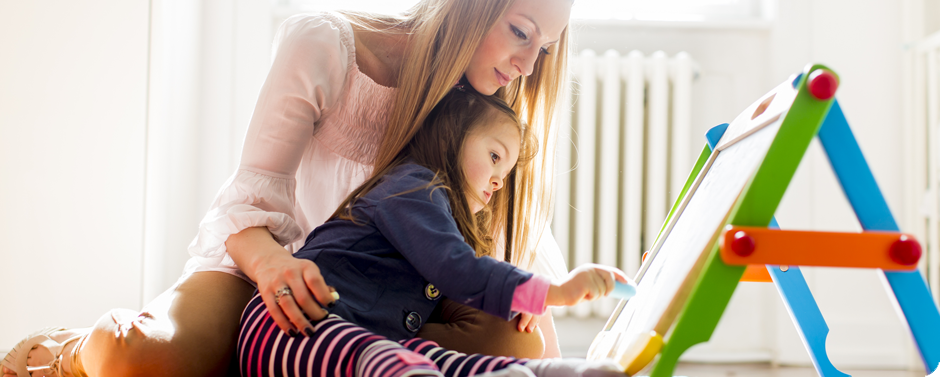Family support
We believe that with the necessary support, you and your family can give your child the best environment within which to recover.


We believe that with the necessary support, you and your family can give your child the best environment within which to recover.
Our model of neuropsychological rehabilitation includes giving you psychological reinforcement in this vital all-encompassing role. We’ll also support you in your emotional adjustment as a family and help you to understand how you can best aid the recovery of your child.
Research shows that one of the most important factors in brain injury outcomes is family functioning (Gerring & Wade 2012, Yeates et al. 2010, Reed, Byard & Fine, 2015 – publication link). Following a brain injury both your child and the family have to adjust to a vast array of significant changes – in your child, the wider community and the work of the rehabilitation team – as they grieve and adjust to the new challenges.
We encourage conversation about difficult and emotional topics including sadness about what’s happened, the role of caring for and advocating for your child and how they fit in the rehabilitation process.
We believe that conversation is crucial to the rehabilitation of your child and their academic, behavioural and emotional functioning.
When we work with the whole family and wider system, a narrative approach is often used. . This is for both your child and within your family as a whole.
We acknowledge also that your family may experience significant psychological distress as you care for, support and adjust to living with a child with brain injury. This can include symptoms of depression and anxiety – including post-traumatic stress disorder (PTSD). We offer Cognitive Behavioural Therapy (CBT) alongside a highly specialised trauma service for children and their families affected by these symptoms.